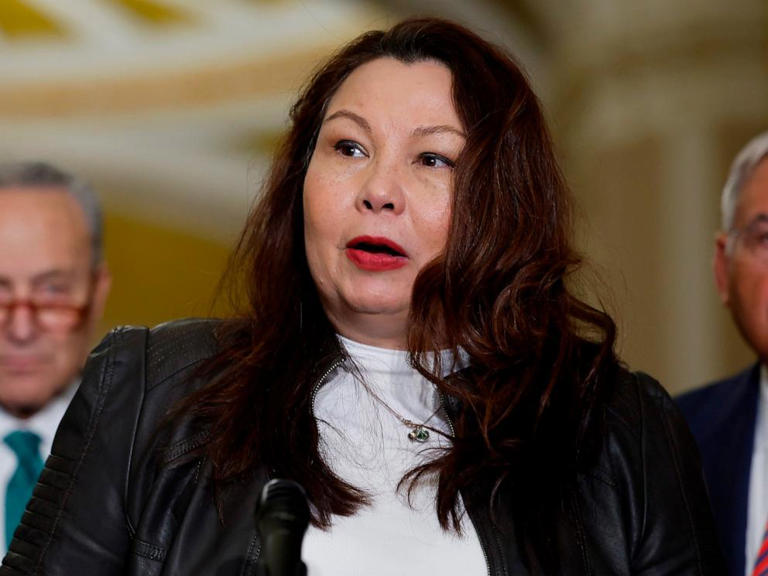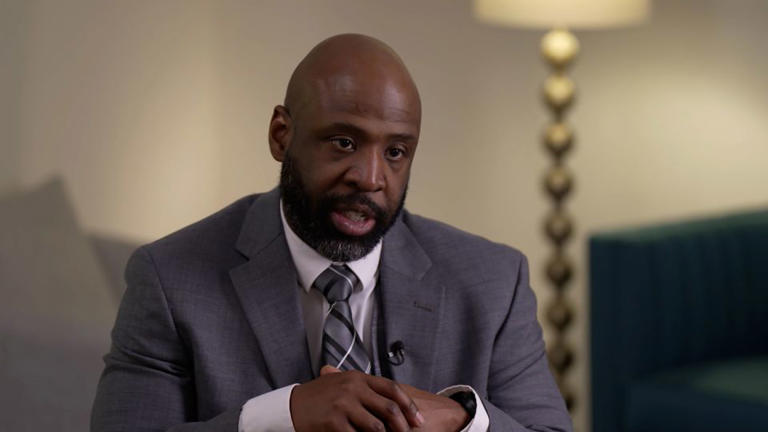Story by By Amy Woodyatt, CNN •
Scientists working in the Amazon rainforest have discovered a new species of snake, rumored to be the biggest in the world.
A team from the University of Queensland traveled to the Ecuadorian Amazon to search for the previously undocumented northern green anaconda (Eunectes akayima), following an invitation from the Waorani people to observe anacondas “rumoured to be the largest in existence,” according to the scientists.
The team joined the hunters on a 10-day expedition to the Bameno region of Baihuaeri Waorani Territory, before paddling down the river system to “find several anacondas lurking in the shallows, lying in wait for prey,” Professor Bryan Fry, a biologist from the University of Queensland, who led the team, said in a statement.
Anacondas are giant, non-venomous constricting snakes found in or near water in warm parts of South America.
“The size of these magnificent creatures was incredible – one female anaconda we encountered measured an astounding 6.3 metres (20.7 feet) long,” Fry said of the team’s discovery, which was made while filming for National Geographic’s upcoming series “Pole to Pole with Will Smith.”
The team also said they had heard anecdotal evidence that snakes of 7.5 meters (24.6 feet) and 500 kilograms (1,100 pounds) had been sighted in the area.
Green anacondas are the world’s heaviest snakes, according to the UK’s Natural History Museum, which noted that the heaviest individual ever recorded weighed 227 kilograms (500 pounds). It measured 8.43 meters long (27.7 feet) and 1.11 meters (3.6 feet) wide.
While another species, the reticulated python, tends to be longer – often reaching more than 6.25 meters (20.5 feet) in length – it is lighter.

The discovery was made while filming for a National Geographic series. - Professor Bryan Fry/The University of Queensland© Provided by CNN
But experts studying the creatures discovered that the newly identified northern green anaconda species diverged from the southern green anaconda almost 10 million years ago, and they differ genetically by 5.5%.
“It’s quite significant – to put it in perspective, humans differ from chimpanzees by only about 2 per cent,” Fry said. The findings are described in the journal MDPI Diversity.
The team then set out to compare the genetics of the green anaconda with other specimens elsewhere to assess them as an indicator species for the health of ecosystems, and warned that the Amazon is facing numerous threats.
“Deforestation of the Amazon basin from agricultural expansion has resulted in an estimated 20-31 per cent habitat loss, which may impact up to 40 per cent of its forests by 2050,” Fry said.
Habitat degradation, forest fires, drought and climate change threaten rare species like the anacondas, which exist in such rare ecosystems, he added.


















